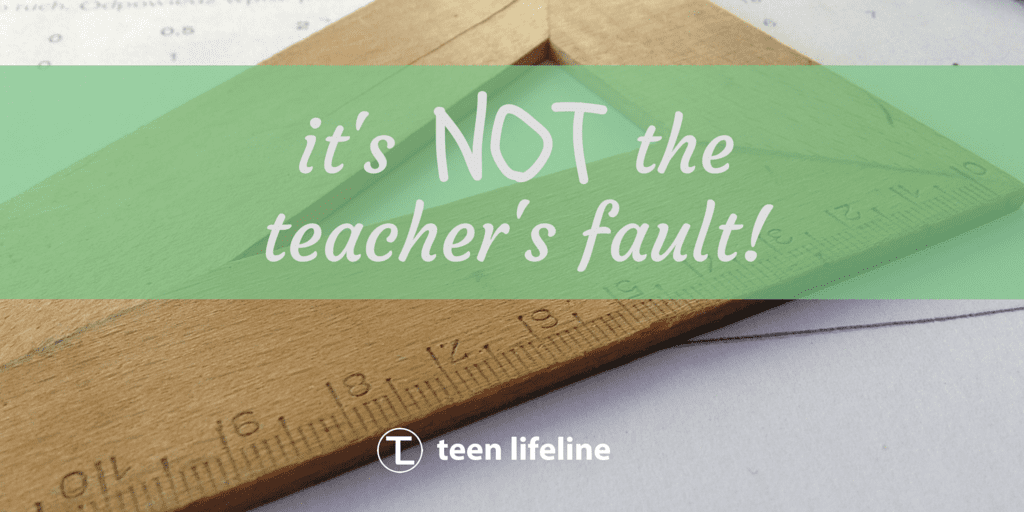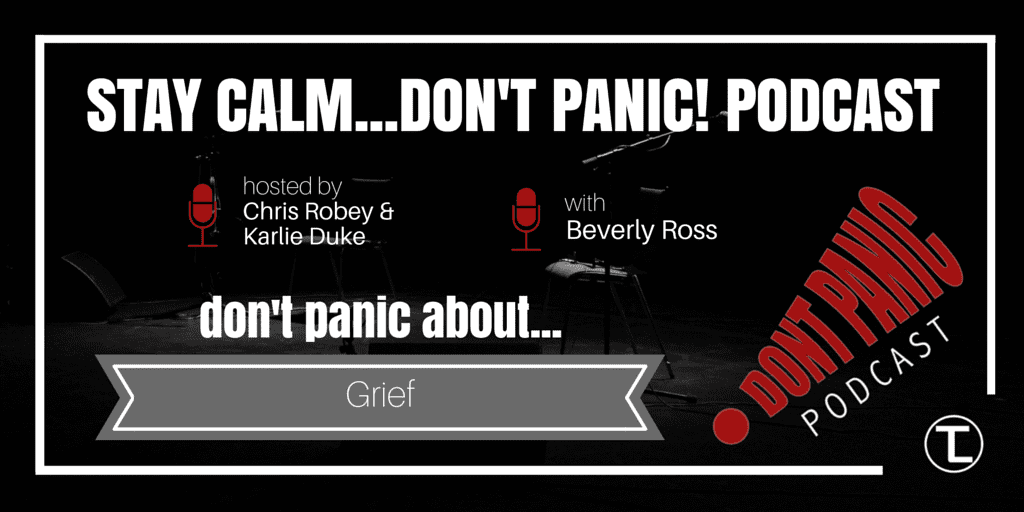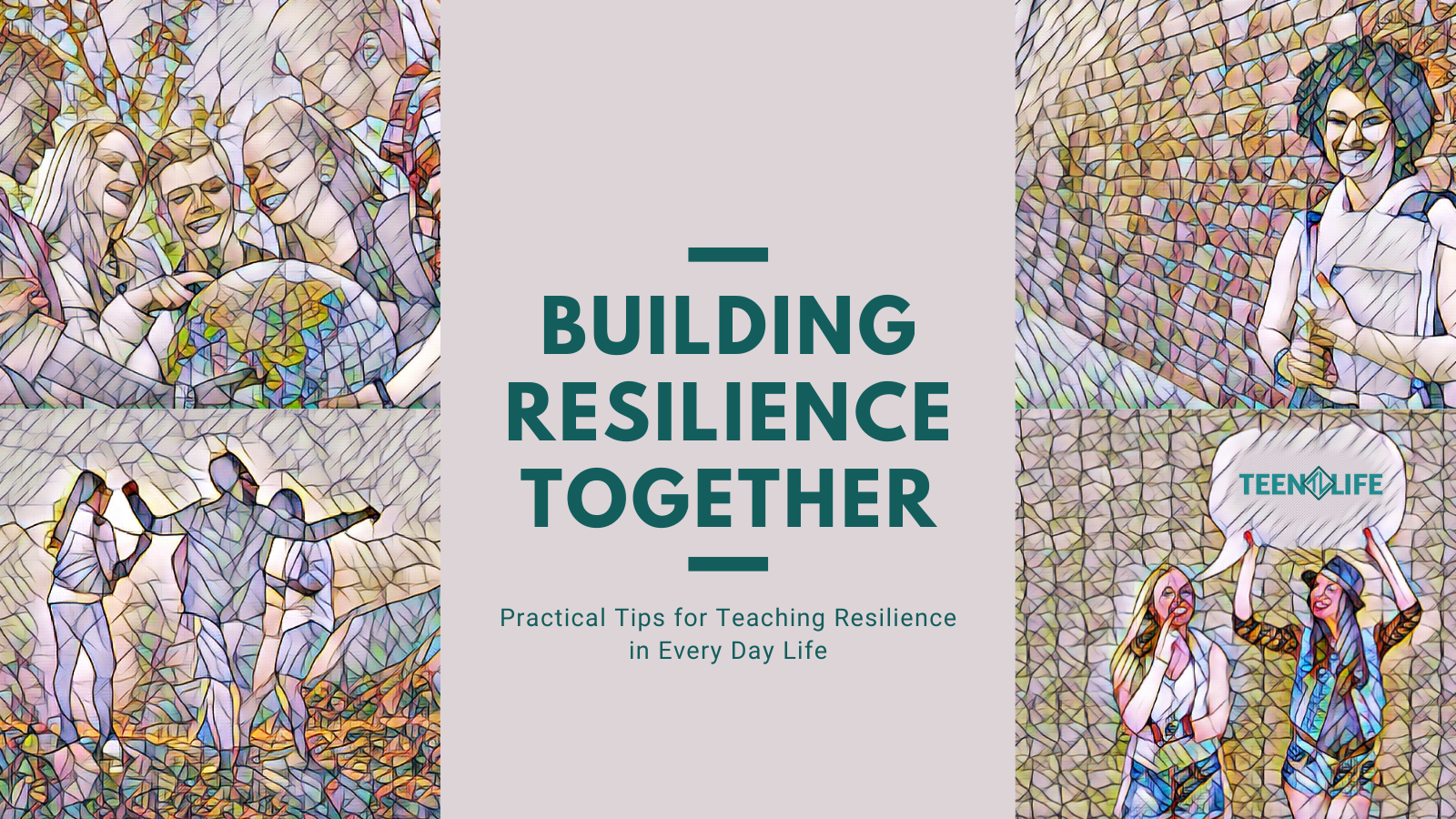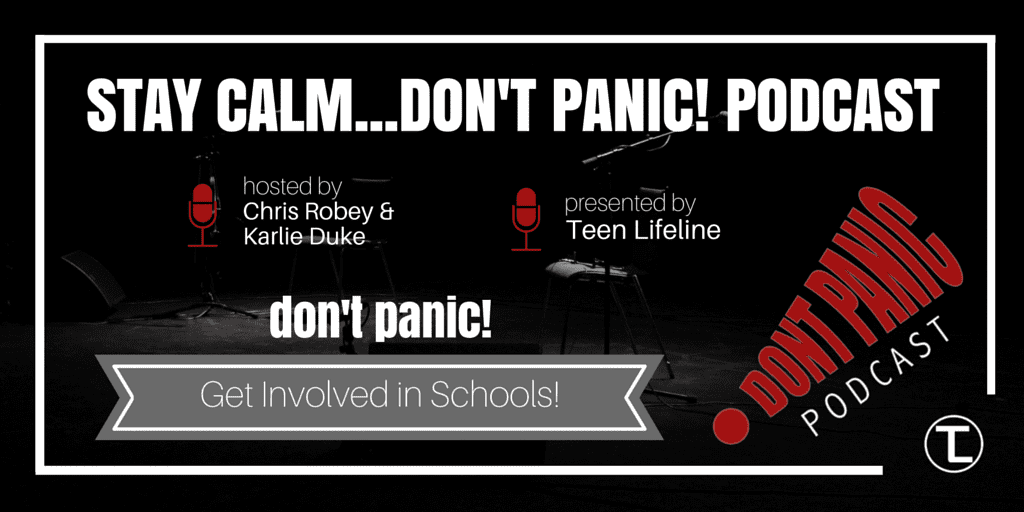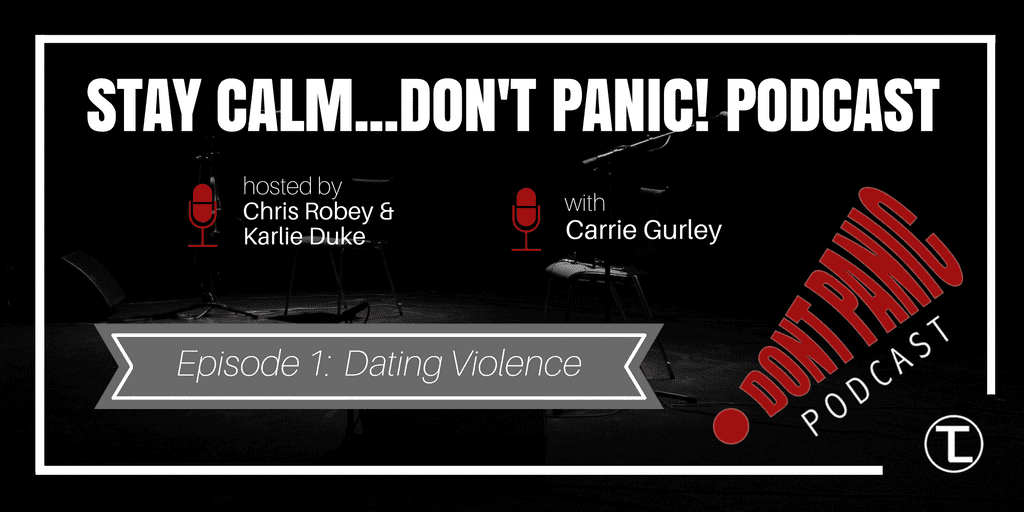
Carrie Gurley Talks Dating Violence
Podcast: Play in new window | Download
What can we do about dating violence?
Dating violence is something we often hear about but don’t know what to do. Surely I don’t know a teenager in an abusive relationship! In this episode, Carrie Gurley defines dating violence and gives tips for how we can become more educated and better prepared to walk teenagers through difficult relationships. Aren’t sure where to start with dating violence? Don’t panic!
Never underestimate the influence you can have in a teen’s life just because you care!
In this episode, you’ll find out…
- What dating violence is and how it is seen among teenagers.
- Ways to teenagers can be protected from abusive relationships.
- Some ways to support a teen who is in a violent relationship.
- Warning signs that a teenager might be in an unhealthy relationship.
- Long term consequences because of dating violence.
Ask yourself…
- Have I noticed any concerning changes in the behavior of a teen?
- Am I willing to listen without judgment?
Go ask a teen…
- What boundaries have you put on your relationship? How is that going?
- Does your school talk about dating violence?
- What would you do if your best friend was in a violent relationship?
Resources:
Have a question?

Karlie Duke
Communications Director

Chris Robey
Former CEO

Carrie Gurley
Special Guest
Karlie Duke | Director of Communications
Karlie has always had a heart for teenagers. Through her role at Teen Life, she loves to showcase the amazing stories coming out of Support Groups, but she is especially passionate about helping adults and teenagers find connection. Karlie has a BS in Communications with a minor in Family Studies from Abilene Christian University.
Chris Robey | Former CEO
Chris has spent most of his career empowering teenagers from all backgrounds. As the former leader of Teen Life, he is passionate about helping students make good choices while also giving adults the tools they need to communicate more effectively with teens. Chris is a graduate of Midwestern State University and holds a Master’s Degree in Family Life Education from Lubbock Christian University.
Carrie Gurley | Special Guest
Carrie has served as the Executive Director of Valiant Hearts (formerly We Are Cherished) since 2014. She is passionate about the mission to reach and empower women in the sex industry. She is responsible for developing and implementing the programs to serve this vision as well as building a strong team of staff and volunteers to carry out this mission. Carrie has served in various ministries for the past two decades. She has been a Bible teacher, conference and retreat speaker, curriculum developer, church planter, children’s minister, and intercessor. Follow her on Twitter!









